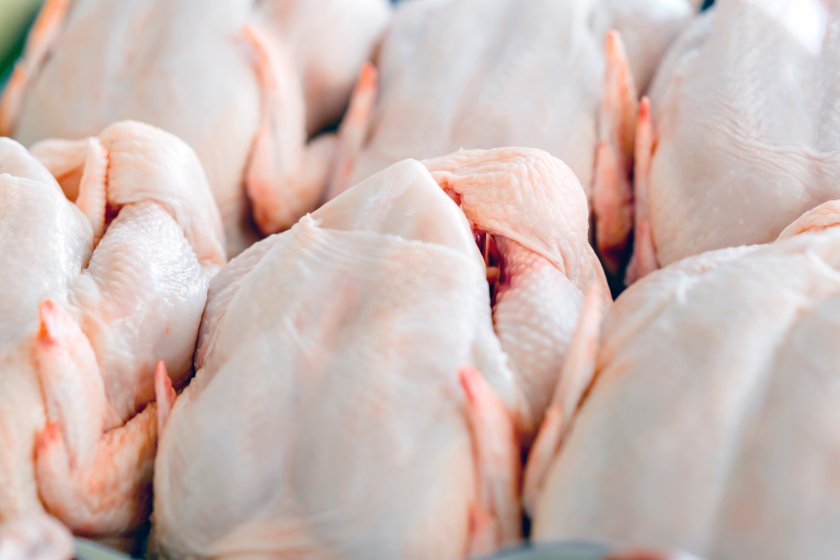Rise in UK salmonella cases linked to Polish poultry imports

The public are being told to take care when handling and cooking poultry following a rise in salmonella cases linked to imports from Poland.
A Food Standards Agency (FSA) investigation is ongoing into multiple strains of salmonella linked to poultry products imported to the UK from Poland.
There have been over 200 human cases of salmonellosis linked to such products, including meat and eggs, this year.
The FSA said it was in discussion with Polish and EU officials to "ensure all steps are taken to improve the safety of poultry and eggs imported from Poland".
Tina Potter, head of incidents at the FSA, noted that a number of the cases involved the consumption of eggs produced in Poland and used in meals in restaurants and cafes.
"We are therefore asking local authorities to remind food businesses about the importance of good hygiene practices," she said.
For the public, FSA's advice is to take care when storing, handling, and cooking poultry products such as chicken, turkey and duck.
Ms Potter added: "You should always check the cooking instructions on food packaging, as different brands of the same type of product might have different instructions.
"Cooking food at the right temperature and for the correct length of time will ensure that any harmful bacteria are killed.
"At the same time, make sure that any surfaces and equipment that come into contact with food are clean to avoid risks from cross contamination and always wash your hands before and after handling food."
Salmonella is a type of stomach bug that causes stomach pain, vomiting and diarrhoea.
Symptoms typically resolve themselves within a few days, but they can be more severe with fever and dehydration, especially in young children.
The FSA said babies, children, pregnant women, and older people should only eat runny or raw eggs if they have a British Lion mark or are produced under the Laid in Britain egg assurance scheme.








